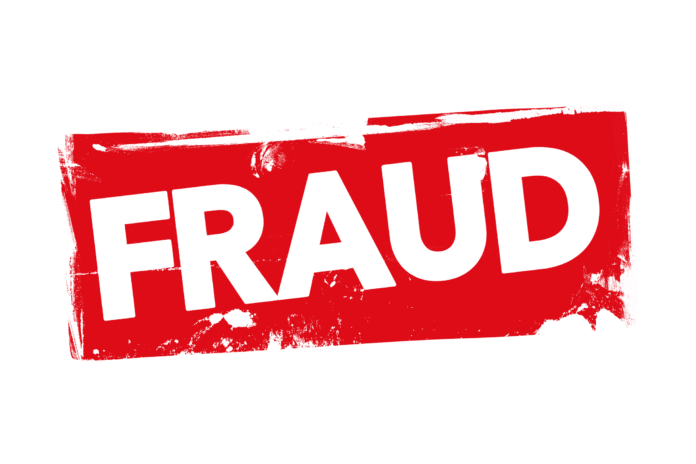The Supreme Court has come to the rescue of small investors by directing Eicher Motors NSE -1.10 % to purchase some of its shares from the open market and hand them over within two weeks to one its shareholders – Adesh Kaur. She was a victim of a fraud.
The company would have to purchase 9,030 shares, valued about Rs 2.19 crore on the current market price. Eicher Motors, the listed parent company of Royal Enfield, through its share transfer agent MCS Ltd, had issued duplicate shares to a fraudster on the basis of forged and fabricated documents without exercising due diligence.
The duplicate shares sold by the fraudster to one Vikash Tarasingh, whose name replaced Kaur’s as the registered owner of the said shares in the register of shareholders.
The fraud took place in 2013. Kaur that year didn’t get the dividend Eicher Motors declared. When she made an enquiry with the company about the dividend and also about the formalities to convert her physical shares into demat shares, she came to know about the fraud and that her name was not there in the register of shareholders.
“The judgement of the Supreme Court passed today comes as a big relief for small investors who are victims of fraudulent transfer of the shareholdings; this is not the only case but there are several others,” said Pratap Venugopal, advocate, Supreme Court, who appeared for SEBI in the matter.
“The Supreme Court judgement also importantly makes it possible for small investors to proceed against the company itself instead of the share transfer agent and leaves it open for the company to proceed against the share transfer agent if it so desires,” he said.
In 2015, Kaur moved NCLT for rectification of records.
NCLT ruled in her favour saying it was not an isolated case. There was no diligence exercise by the company at the time of issuance of duplicate shares.
“Sebi guidelines provide that a company is liable for all acts of its agents and cannot shirk the responsibility toward the shareholders and mandates that Eicher Motors has to make good the loss by purchasing shares from the open market for the aggrieved shareholder (Kaur),” the NCLT order said.
Eicher Motors challenged the NCLT order before the NCLAT (National Company Law Appellate Tribunal). It sets aside the tribunal’s order saying it was not correct for it to exercise powers to rectify the register.
Following which, Kaur appealed to the Supreme Court which set aside the NCLAT order and reinstated the tribunal’s order.
“We are of the view that the Tribunal was absolutely correct. It not relegating the appellant to any further proceedings. It is as much this is an open and shut case of fraud..,” the Supreme Court said.
Final Word regarding Eicher Motors
The company rectified its register as directed by apex court. It concerned with physical share certificate. Thereafter, Kaur approached Eicher Motors to rectify its register. However, CDSL, the depository expressed its inability to rectify the demat accounts.
Subsequently, through contempt petition Kaur approached the Supreme Court. The contempt petition heard before a bench. It comprised of Justice R F Nariman, Justice B R Gavai and Justice Rishikesh Roy through video conferencing.



